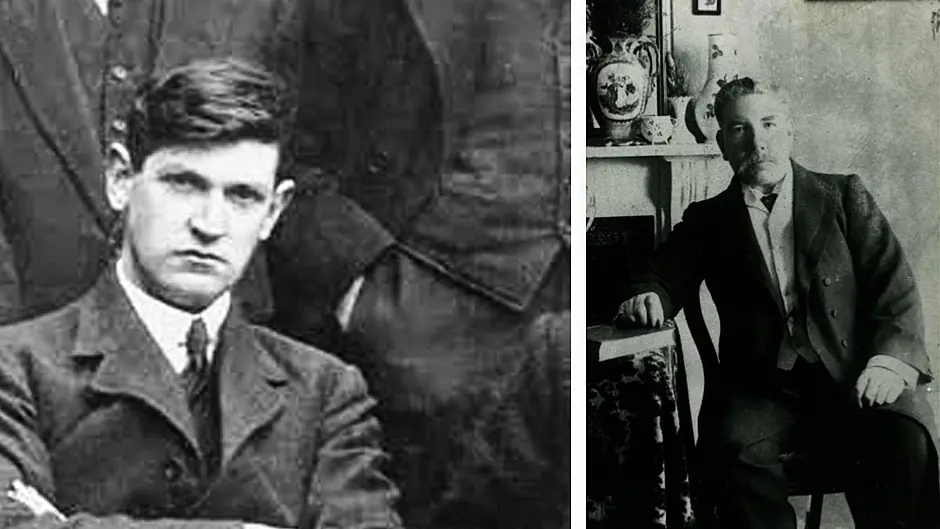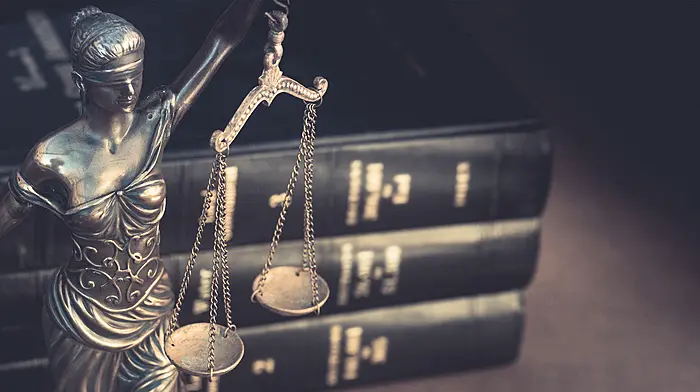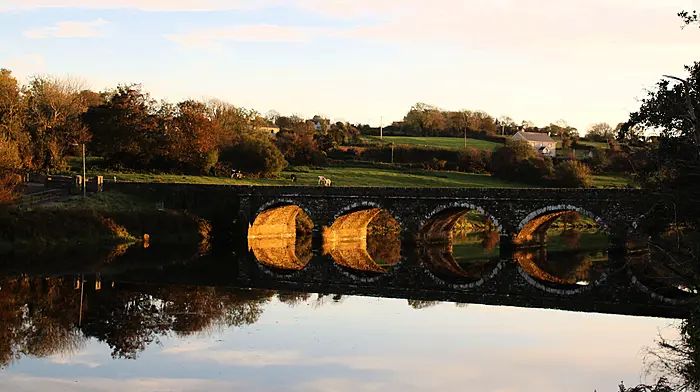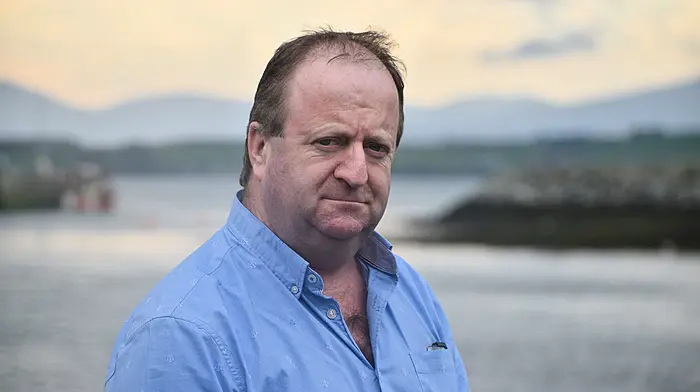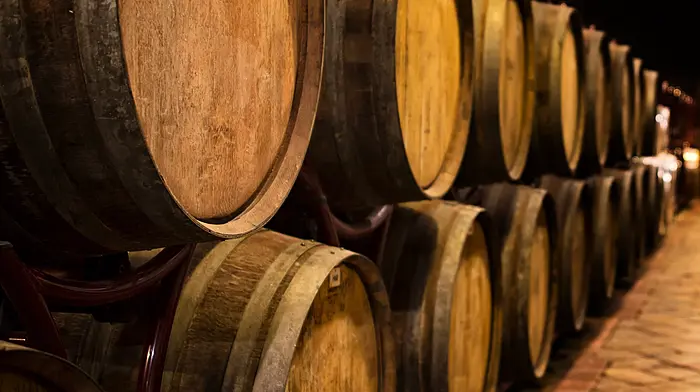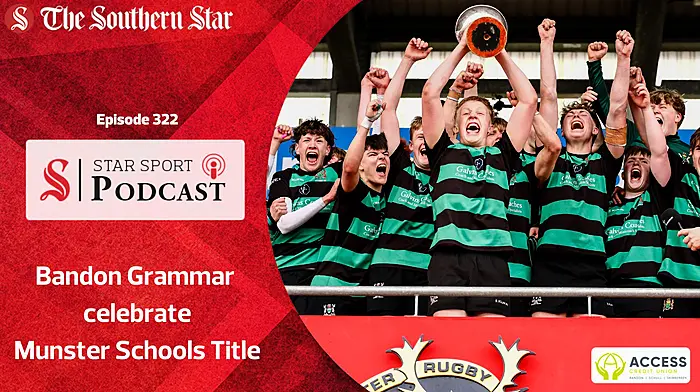Ahead of the All Ireland Hurling Final, Pauline Murphy looks at the fascinating but little-known links between three men of huge significance in the country’s sporting and political history
IN a year which marked the centenary of events from the Irish War of Independence, the winner of this year’s All Ireland hurling final will lift the cup named after a man who played a role in that fight for freedom – Liam MacCarthy.
This year’s final also takes place on the 99th anniversary of the death of Michael Collins – who was greatly influenced by MacCarthy.
Liam MacCarthy was born in London in 1853 to Irish parents Eoghan and Bridgid MacCarthy. They had emigrated from Ballygarvan two years previously and settled near the Thames.
They were fluent Irish speakers and they instilled in their son a great grá for all things Irish. Like any person with Cork blood in their veins, Liam was drawn to the ancient game of hurling and would go on to become an influential figure in London GAA and beyond.
At the age of 22, MacCarthy married Alice Padbury – the daughter of a box factory owner. He joined the Padbury Box business but his independent spirit saw him strike out on his own and he set up his own box business from his home in Peckham. MacCarthy did not flourish financially. Most, if not all, of his profits went towards funding Gaelic games in London and the fight for independence at home.
In 1886 MacCarthy paid a visit to Cork and while walking in the old overgrown graveyard in Ballygarvan he fell into a sunken grave and damaged his leg. He walked with a limp thereafter. That visit struck a sadness in MacCarthy’s heart as he found only one relation from his parents’ families still living in Cork. He was also struck by the amount of poverty he witnessed and the suppression that many lived under. He went back to London with an even stronger desire to help lift his homeland from oppression.
MacCarthy became the first treasurer of London GAA County Board in 1896 and, two years later, became president. His involvement in Irish exile life in London stretched beyond the world of Gaelic games. He was vice-president of the Gaelic League London branch and held a seat on the local Council for 12 years as the elected voice of the Irish community. He was also a member of the Irish Republican Brotherhood and played a role in bringing Michael Collins into the revolutionary movement.
Michael Collins left Clonakilty at the age of 15 to take up employment in the British Postal Service in London. He met Liam MacCarthy through another famous son of West Cork – Sam Maguire. The Dunmanway man was also working in the postal service in London and became firm friends with Collins.
Maguire was captain of the London Hibernians Gaelic Football team and he introduced Collins to London GAA life and more. At the age of 19 Collins was sworn into the IRB by MacCarthy and Maguire at Barnsbury Hall in Islington.
MacCarthy admired the ideals of Padraig Pearse and he sent his son Eugene to Pearse’s school – St Enda’s in Dublin. When MacCarthy heard that plans were afoot for a revolution in 1916 he urged Collins to go back to Ireland and take part. Collins did just that and from then on his life changed forever.
In 1919 when Collins set up the National Loan to raise funds for the war effort, MacCarthy became its London treasurer. He was one of the first to purchase a loan bond worth £50 and years later when he redeemed it he used the money to buy a trophy for the winners of the All Ireland Hurling Final.
The silver trophy was crafted by Edmund Johnson Jewellers on Dublin’s Grafton Street – modelled on an ancient gaelic drinking vessel and named in MacCarthy’s honour. It was first presented in 1923 to Limerick, the winners of the delayed 1921 All Ireland Final. That original Liam MacCarthy cup was retired in the 1990s, and now sits in the GAA museum in Croke Park.
When the Irish Civil War broke out in 1922 MacCarthy stayed loyal to Collins while GAA clubs in London took the opposite side. It resulted in MacCarthy losing much of his influence with the Irish community there. MacCarthy’s health declined thereafter, as did his finances.
MacCarthy died six years after Collins – on September 28th 1928. Sam Maguire had died a year previously, also in poor circumstances.
Liam MacCarthy was buried in a pauper’s grave in Dulwich Cemetery in London. It would be another 68 years before his grave was marked when Dulwich Harps GAA Club erected

